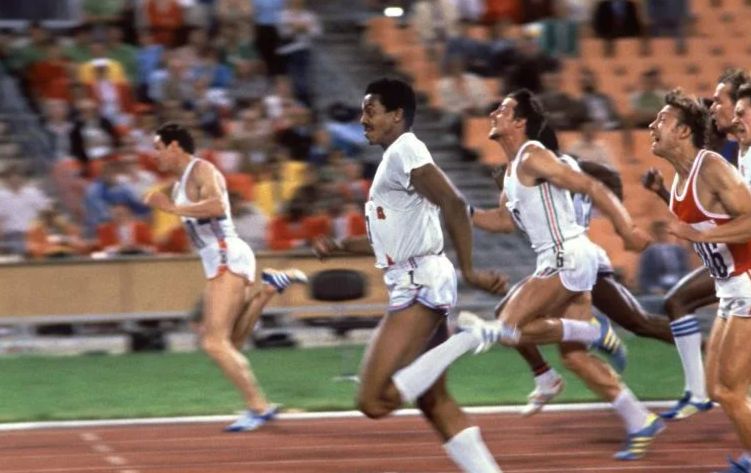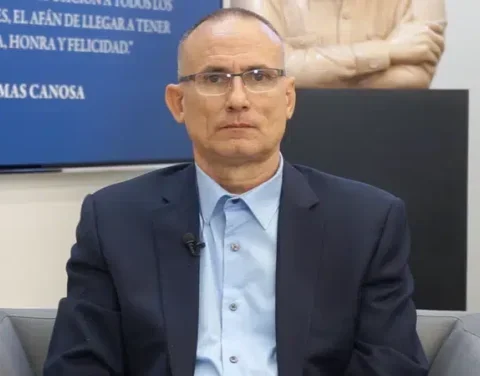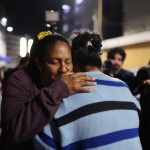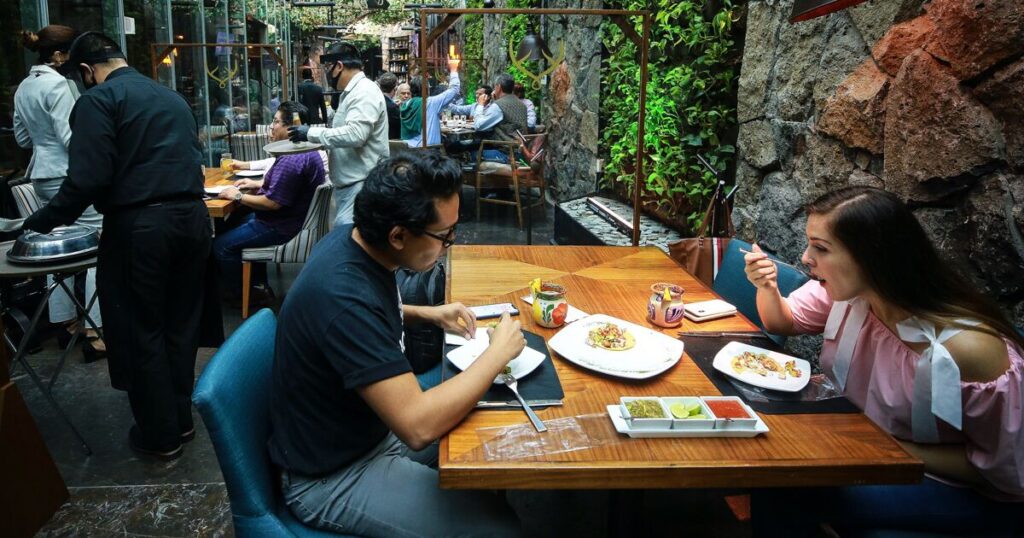HAVANA, Cuba.- Castro’s propaganda frequently echoes the story of some professional athletes from other nations who have ended their lives in abandonment after having completed their work in sports. And as a complement to this speech, in order to demonstrate the supposed social superiority of its political system, it insists that sporting glories will never be forgotten here.
In order to carry out this objective, the National Commission for the Attention of Athletes (CNAA) was created in 2000. The idea was that this Commission would provide material and professional support to active and retired athletes, their families, doctors, federations and other protagonists who have contributed to the development of Cuban sports.
However, more than two decades after its creation, voices are raised, mainly among retired athletes, who question the effectiveness of the CNAA’s work. Two journalistic works appeared in the newspaper workers They give an account of the dissatisfactions of former athletes who once gave glories to Cuban sports.
The sprinter Silvio Leonard, Olympic runner-up in Moscow 1980, was categorical in stating that “the National Commission for Athletes is not serving sports glories as it should be.” And later, the still national record holder in the one hundred meter dash hints at the CNAA’s preferences for some athletes to the detriment of others, pointing out that “even to attend events and activities, the CNAA has its people.”
For his part, former weightlifter Alberto Blanco, Olympic bronze medalist, expresses his discontent with the following words: “They have never come from the CNAA. They don’t even give me a turn. They don’t know me. I think they are mocking. This experience is tough.”
The testimonies of former baseball player Germán Águila and former runner Lázaro Martínez ─the latter went blind─, who have had to struggle very hard to get their lives back on track, without any help from the CNAA, also transcend.
The Planning Task, which has caused so much damage to the population and the economy in general, has also affected the income of the athletes who are paid for the medals obtained in major international events. Silvio Leonard himself complains about it, because he used to receive 200 CUC a month for his Olympic money, a not insignificant amount then. Now, when applying the official exchange rate of 1 dollar = 24 Cuban pesos ─ far from the exchange rate indicated by the market, 1 dollar = 100 Cuban pesos ─ his stipend is 4,800 Cuban pesos per month. Really a trifle to face the exorbitant cost of life in today’s Cuba.
Many former athletes who today are practically forgotten by the sports authorities of the island would settle for small gestures from the CNAA, such as obtaining a medical appointment, the acquisition of a deficient medicine, or a simple card with which to buy food from first need, avoiding the infernal queues that ordinary citizens must do. But not even that has been done by the CNAA.
So it is not strange that many Cuban sports figures emigrate in search, among other things, of economic progress that guarantees them the present and the future. Already the Castro rhetoric that insisted that the old age of sports glories was assured does not convince almost anyone.
Because, as they say in good Cuban, “when you see your neighbor’s beard burn, put yours to soak.”
OPINION ARTICLE
The opinions expressed in this article are the sole responsibility of the issuer and do not necessarily represent the opinion of CubaNet.
Receive information from CubaNet on your cell phone through WhatsApp. Send us a message with the word “CUBA” on the phone +1 (786) 316-2072, You can also subscribe to our electronic newsletter by giving click here.
















